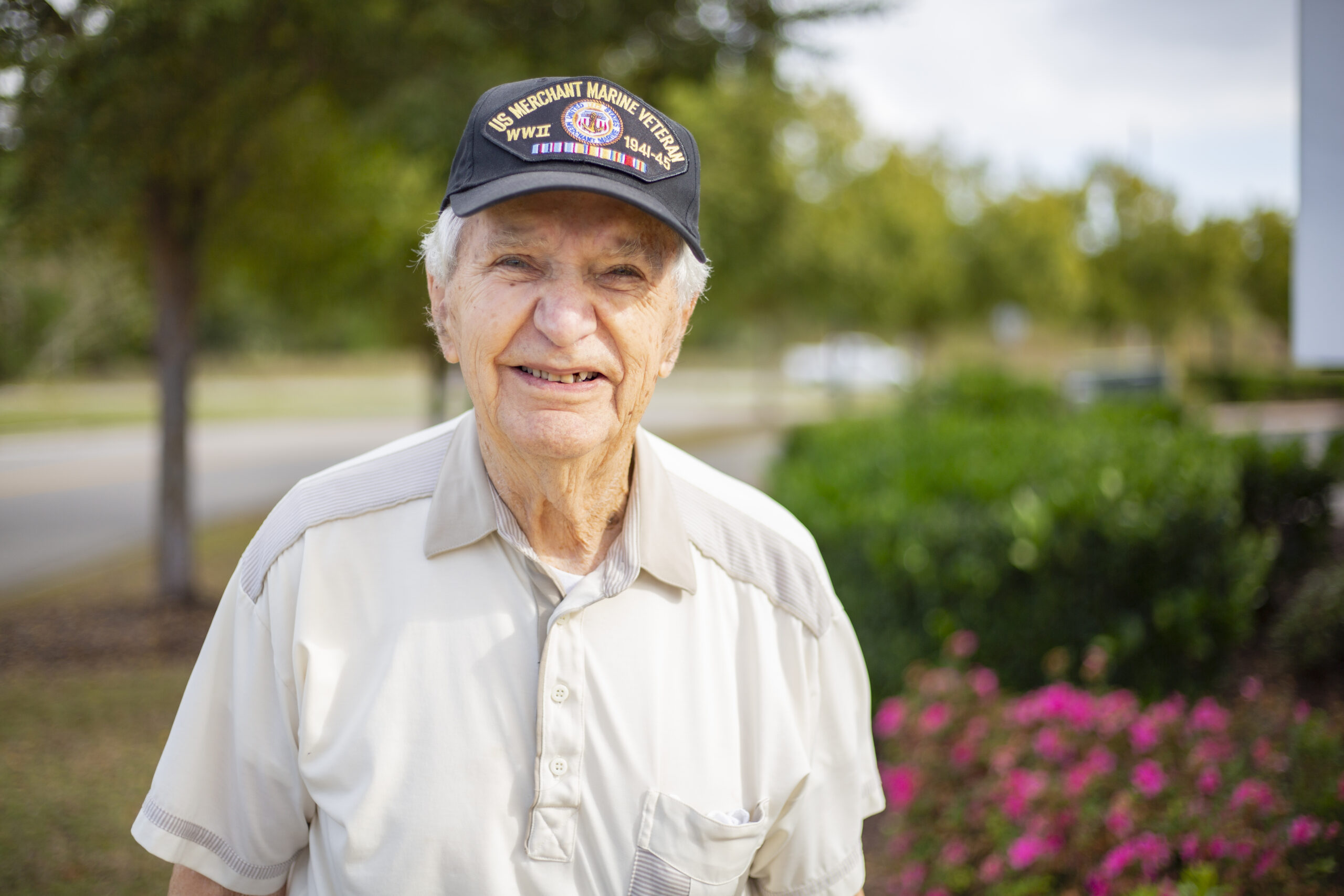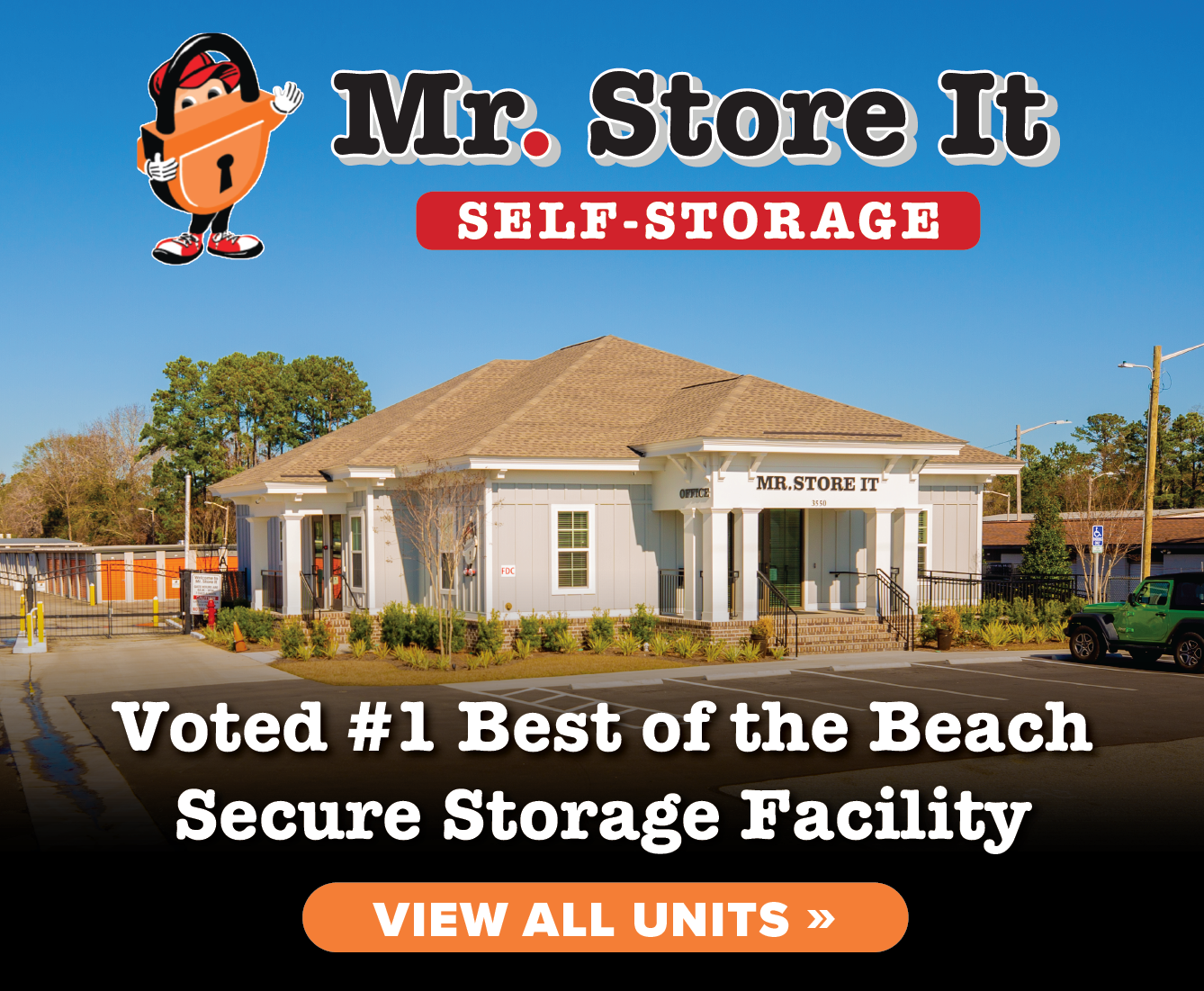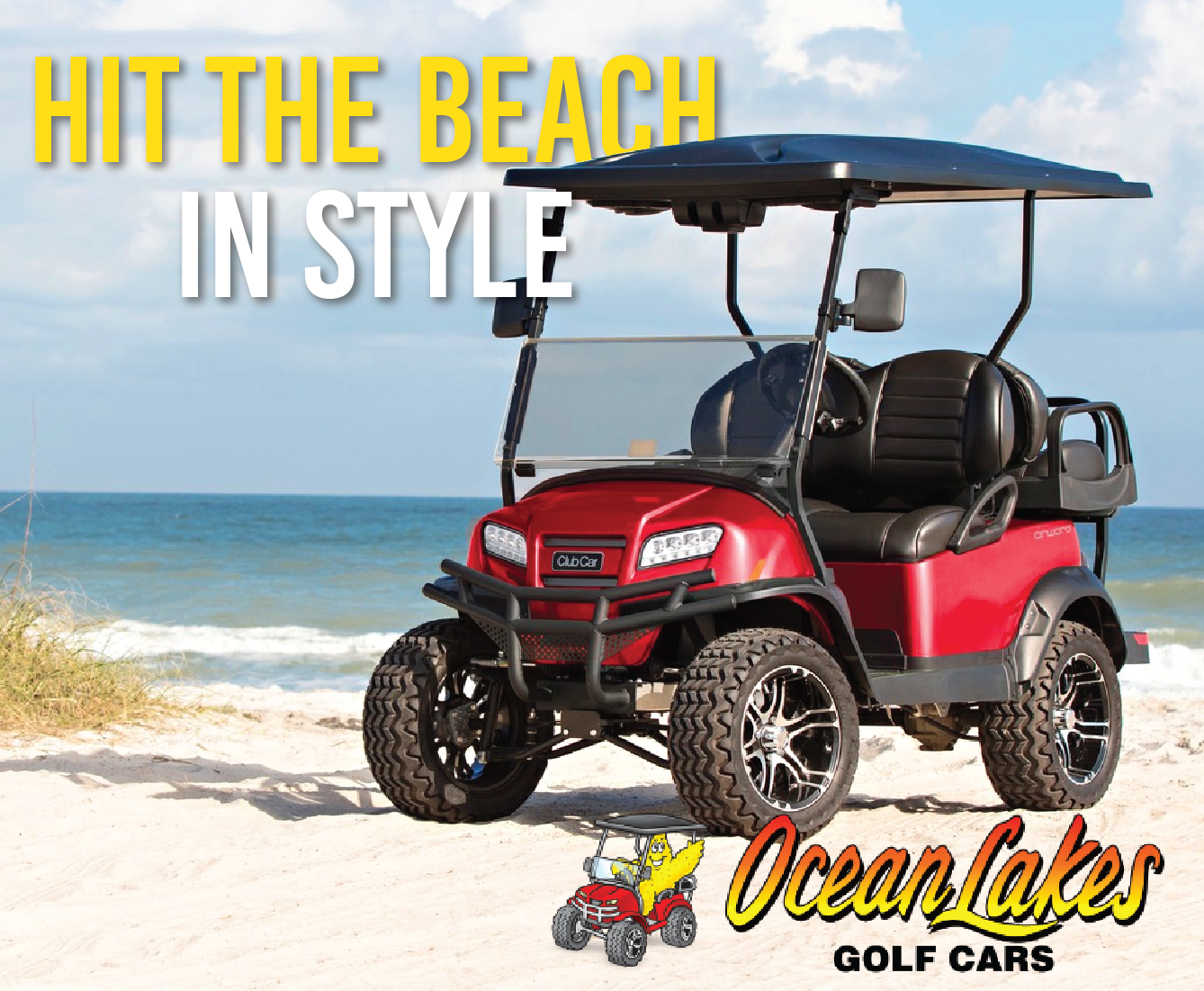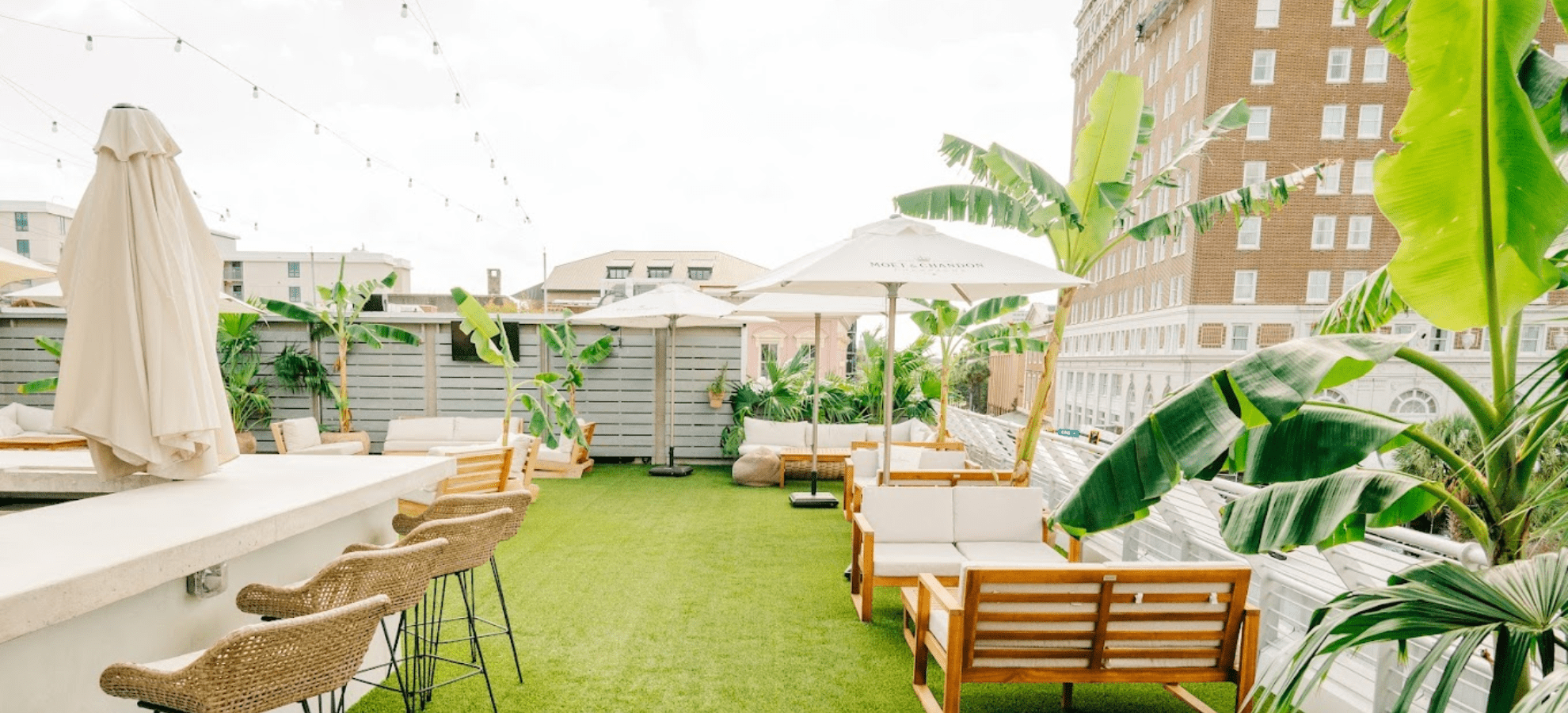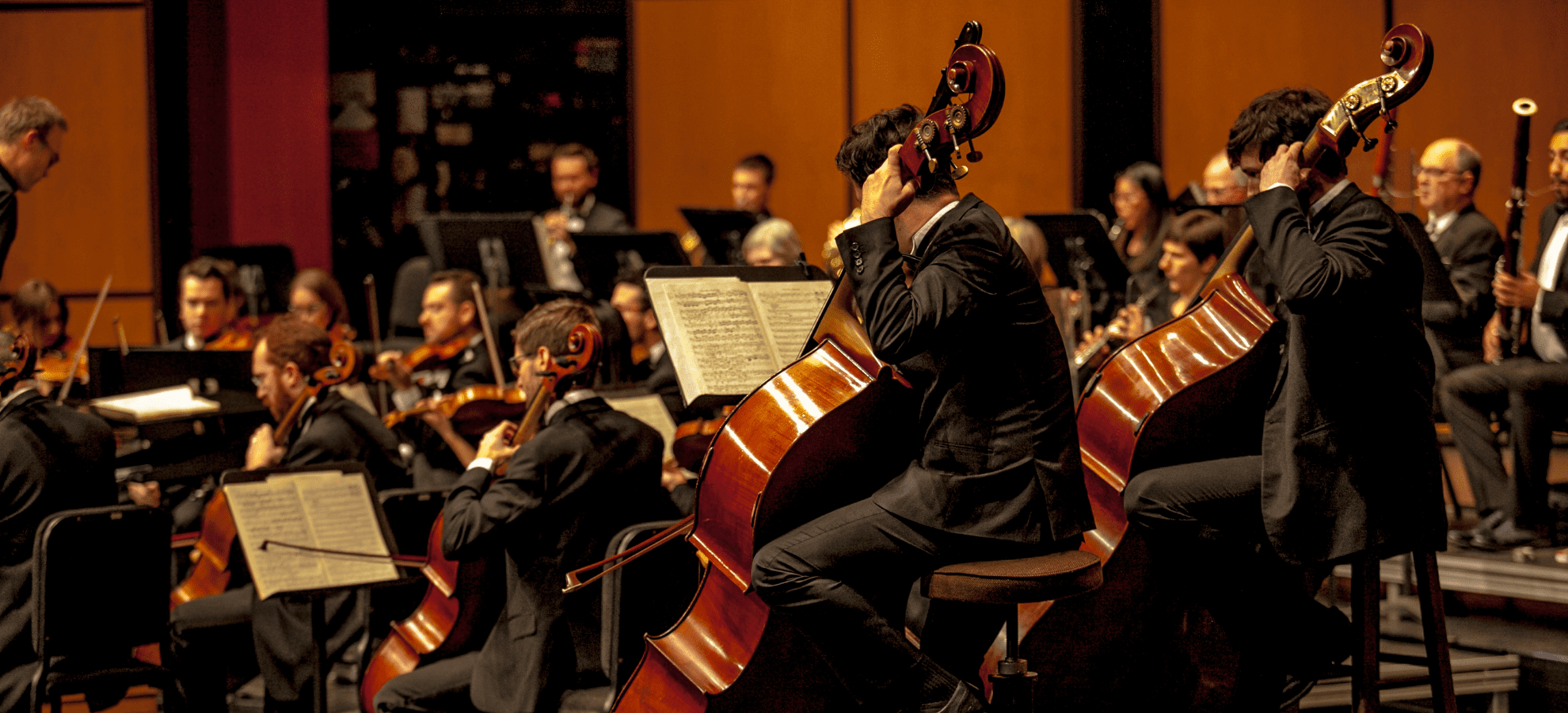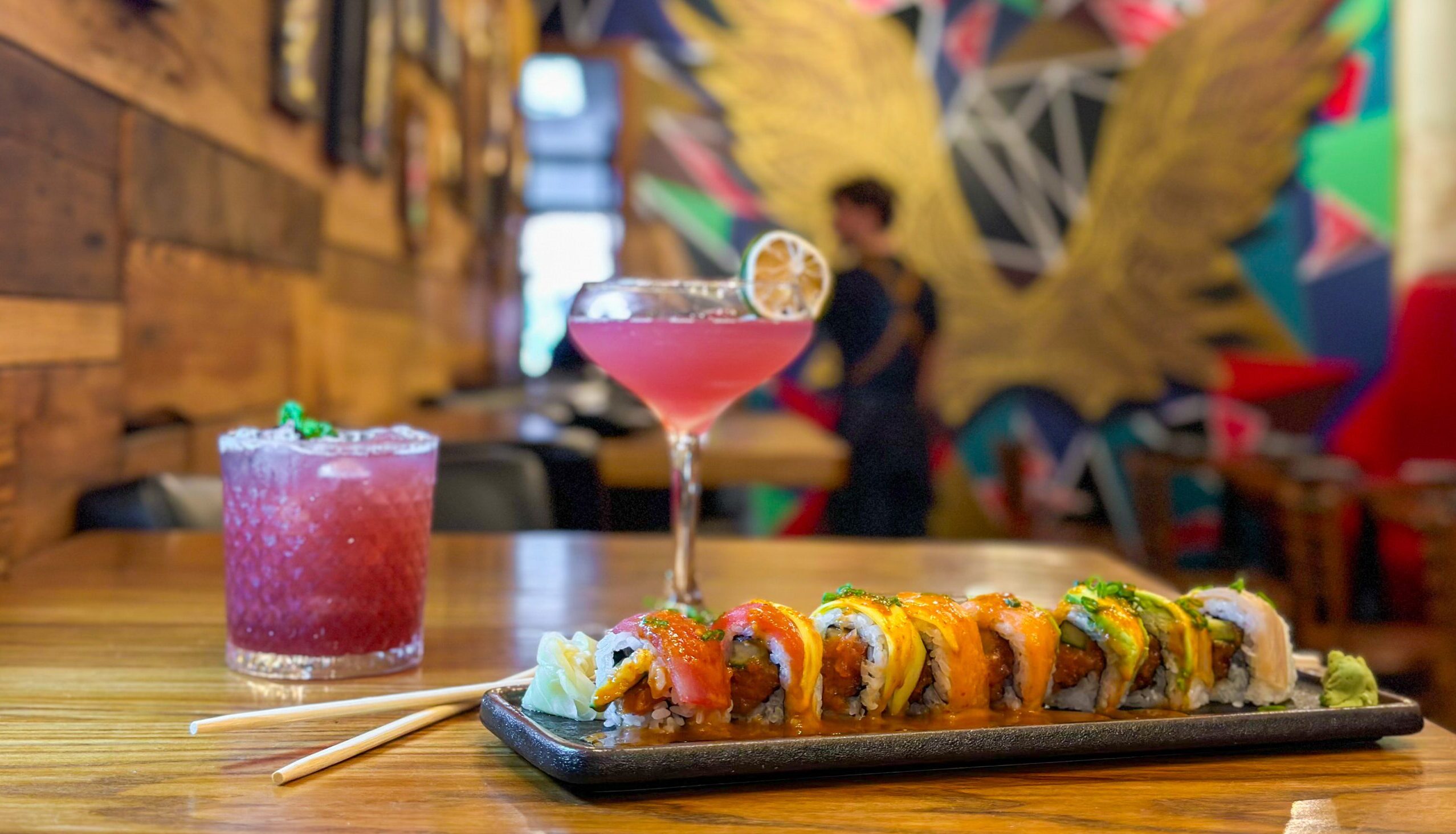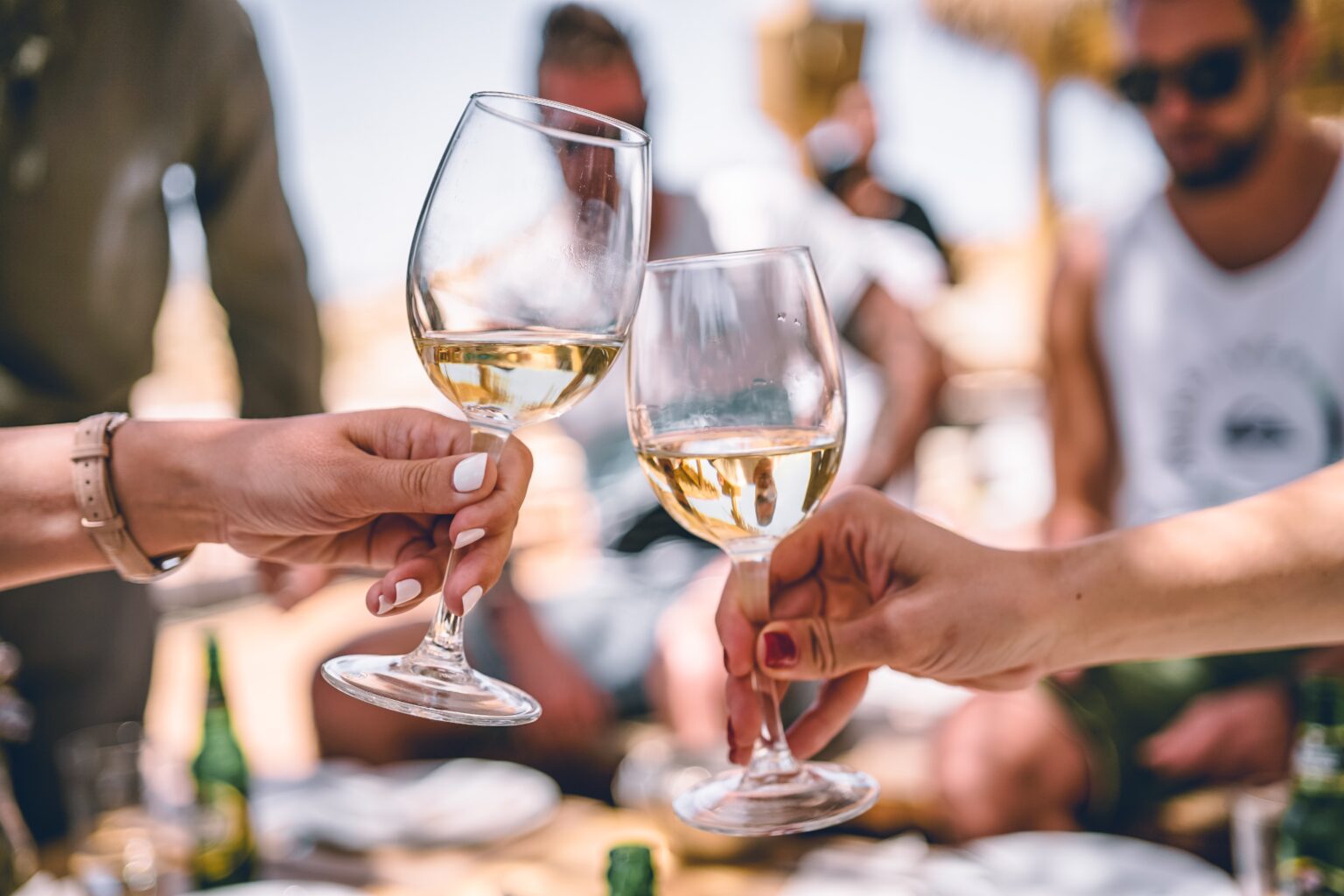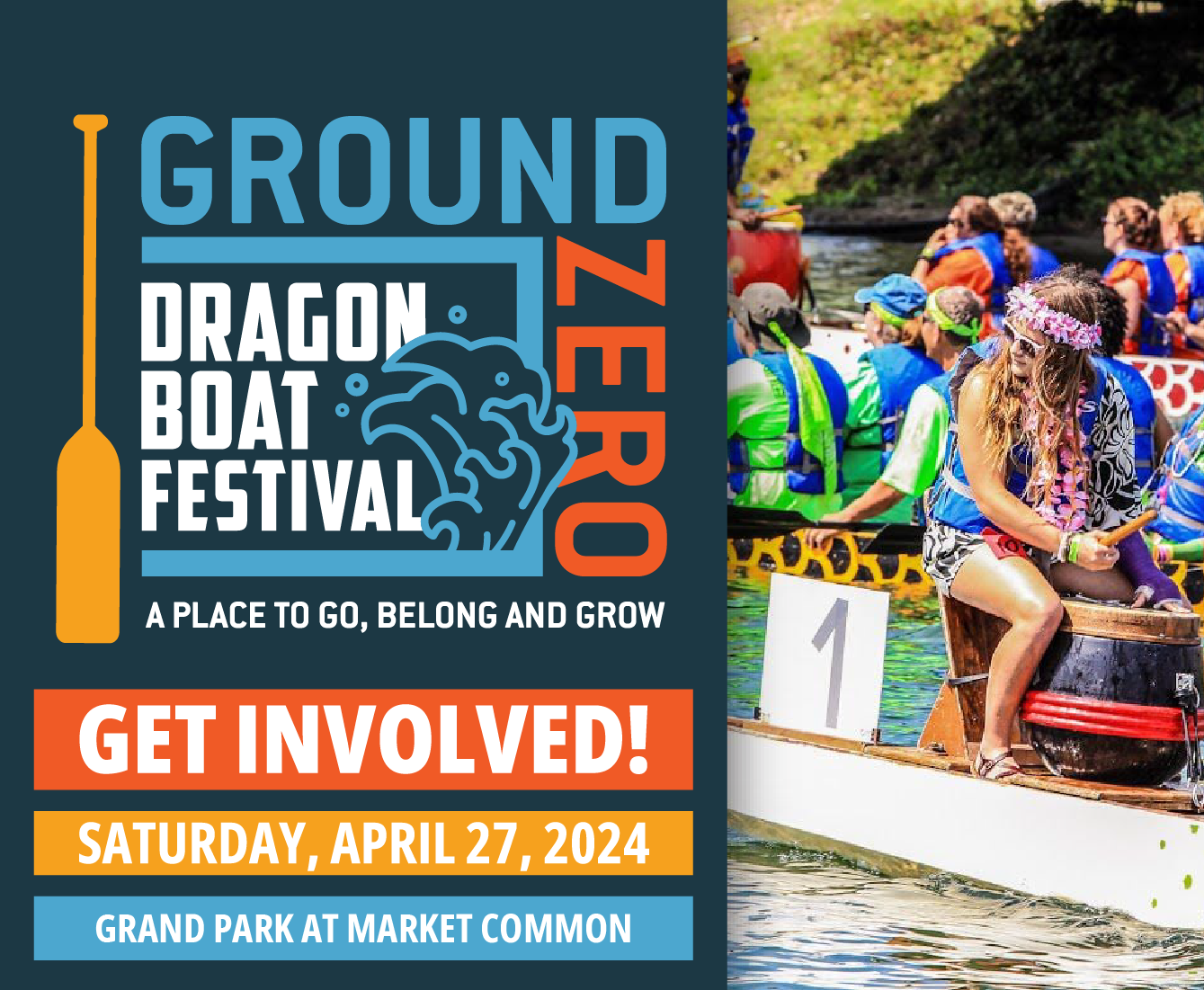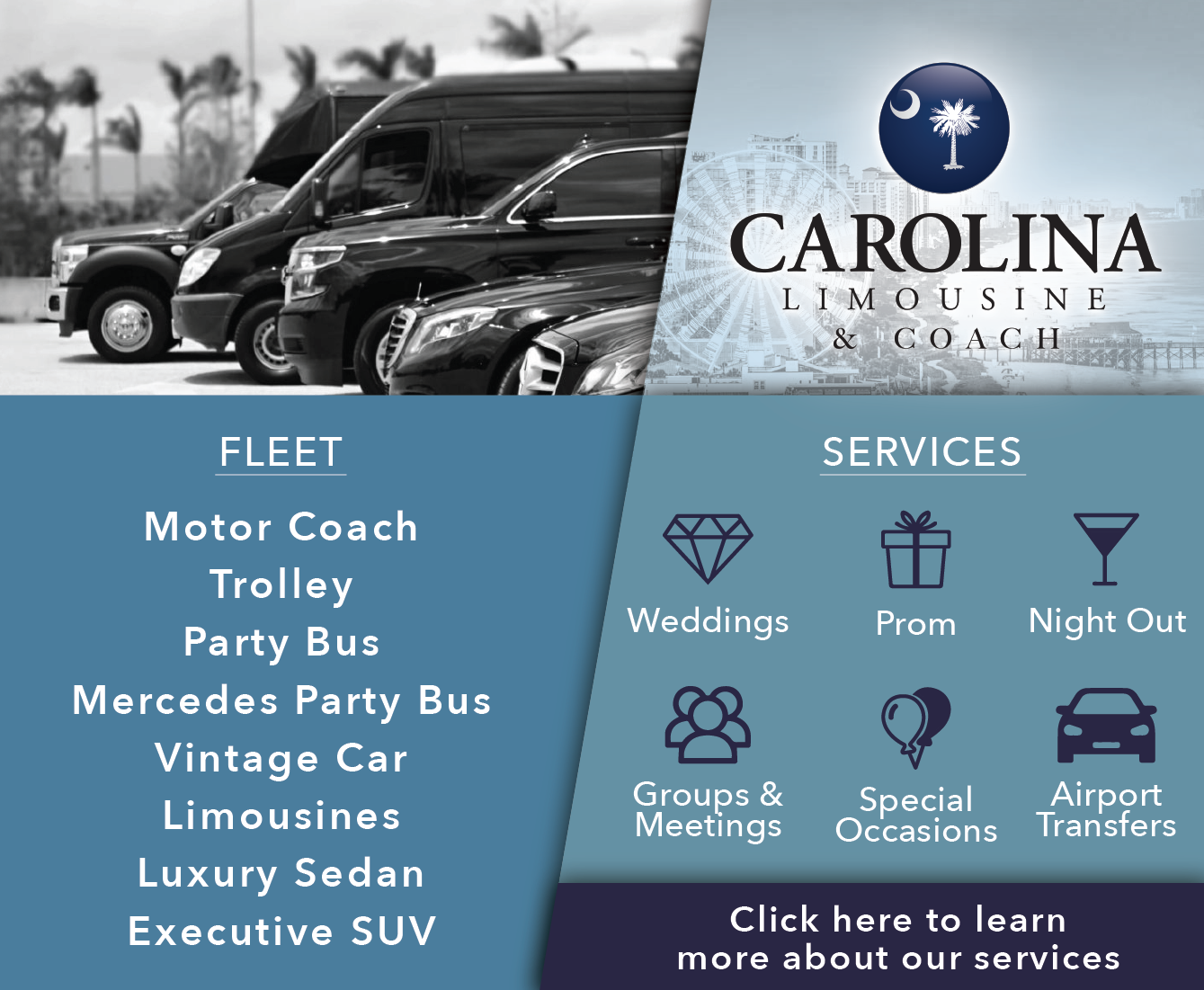WWII U.S. Merchant Marine Veteran
Celebrate Our Veteran gives voice to the stories of the U.S. military veterans living amongst us. The actions of these brave and dedicated people, who have served our country both in active military duty as well as administrative positions, have and continue to contribute to the protection and preservation of us and our country.
We hope that this section of our paper is an opportunity for our community to hear and see veterans with new eyes, and for veterans to receive recognition and honor for their experiences and life journeys.
This month’s Celebrate Our Veteran recounts the story of Clarence Newcomer, as told in his own words. This is the final chapter of a two-part series, continued from last month. Click here to read Part 1.
by Melissa LaScaleia
“Then it was November 21, 1945. The war was over then. And so then I came home. There were a lot of ships that were hit with mines, so actually the war still wasn’t over for us. We had to contend with that. I came home for the Christmas holidays. Then got on another Liberty Ship on January 2, 1946, called the SS Cornelius Harnett. We were bound for Antwerp, Belgium. We returned on February 26 to New Orleans.
We left New Orleans on March 7, and went to Galveston, Texas. And from there, we went back to Antwerp, Belgium. We returned on April 1 to Savannah, Georgia.
From there I came home and went back on a short trip, on a tanker, the SS San Antonio, from Philadelphia to Avondale, Louisiana; we arrived on July 16.
Then I took the SS Nordic Prince, on July 20 out of New Orleans. I returned to Philadelphia on July 30. The last ship I got on was called the SS Chain and Crown, on December 3, 1946.
I never got hit. I was lucky.
During the War, the Germans had mined the harbors and the ocean floor to prevent us from landing in Europe. The mines were magnetic, and as the ship would come in, the steel in the ship would draw the mines up and they would hit the ship and explode.
I have a list of all the vessels that were lost or damaged after the war as a result of these mines, and there are a lot. Some had human casualties, others didn’t.
The other big enemy we had was the ocean itself. Every time I see a captain from World War II, I thank him, for everything he did to navigate us in the pitch black in a storm. Back in those days, we used radar to navigate. The captain would sail us in a storm, in a convoy, with ninety other ships around, and keep us near, in line, and not get us lost, or capsized. It was a feat.
I sailed two winters, in 1944 and 1945, and I’ve seen some beautiful storms. I never knew if we were going to capsize or not. Some of them were bad, really bad.
When I left, I returned to Pennsylvania. My mother had opened a restaurant in the small town where we lived and she needed help running it. I helped her with that for a couple of years. I got married, and I have one son, Douglas. The marriage didn’t work out, but then I met someone who had three children, and we were married in 1955 for about 45 years before she passed away in 2001.
I worked for a company called American Chicle Company, they manufactured Chiclets, Dentyne and Trident gums, Rolaids and Certs. I loved that job, selling wholesale. When they were bought out, I stayed on until I retired.
I took my wife across the country on a trip before she passed. And now I volunteer here a lot in Myrtle Beach in the community kitchen. I’m also a driver for Neighbor to Neighbor. They drive people without transportation to the doctors office, or take them to shop. Anybody that needs transportation that doesn’t have a car, we take.
I’ve been doing that for two years. It gets me out and moving. I exercise my feet and ankles and legs all the time to make sure I can still operate the pedals, and so far so good.
The total length of time that I was in the Merchant Marine was November 1, 1944, to February 1946. When we got out, our biggest concern was that we got no benefits. We did get paid more, but only if we were on the ship. We had a whole bunch of merchant marine men who were prisoners of war in Japan for three and a half years, and they received no benefits and no payment, whereas the other branches of the military did. They didn’t even have veteran status.
There were a group of guys in California who directly after the war, began fighting with the government, and eventually, in 1988, we were granted veteran status. But by then we were all too old to get housing or college benefits. Although we did receive VA benefits.
Somewhere, somehow, after this, they amended it and declared that the end of the war for the Merchant Marine was August 1945, but the end of the war for veterans was December 31, 1946.
They may have said that that was when the war ended for us, but we were still fighting for our lives, to transport men and troops safely, and working and serving just as the enlisted men. They were granted veteran status for serving during that time but the Merchant Marine were not.
So we went back and fought again to get veteran status for those who were fighting during that time. Eventually, we were granted a flag at burial, but nothing more. We are still fighting for this. We have two Bills that are currently in.
When we first petitioned, we wanted a bill passed to recognize the rest of the Merchant Marine, and $1,000 a month for the rest of their lives to make up for what they didn’t get. It passed the house but the senator from Hawaii wouldn’t bring it up for a vote. So it died. So we brought it up again, and decided this time to petition for a lump sum, following the lead of what Europe and Canada did.
Over the years, everyone has passed away and there are so few of us left. That’s why it’s so important to me to continue the fight, working and advocating for this. It’s been a battle; it’s been 80 years. My biggest concern in my life is trying to get recognition for the Merchant Marine. Most people don’t know who we are or what we did.
We delivered 98% of all the supplies that our servicemen needed for the War. Without the Merchant Marine, they wouldn’t have had guns, food to eat, even bullets.
Everybody knows about D-day. But it wouldn’t have happened without the Merchant Marine. All of the men from the U.S. and Canada were transported for the invasion by ship. And so were the tanks and the trucks.”









